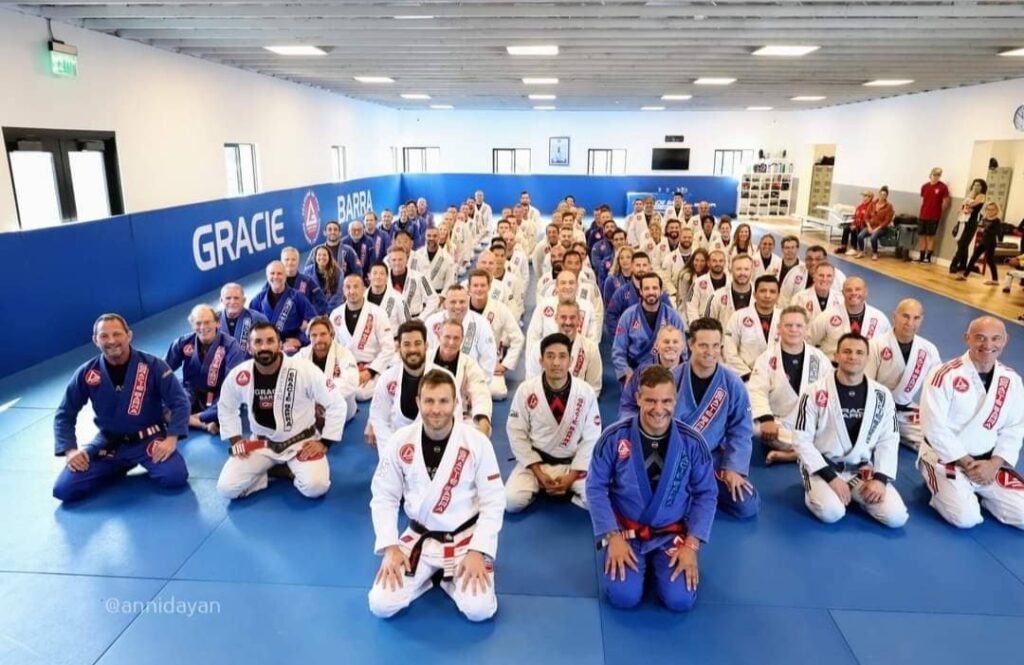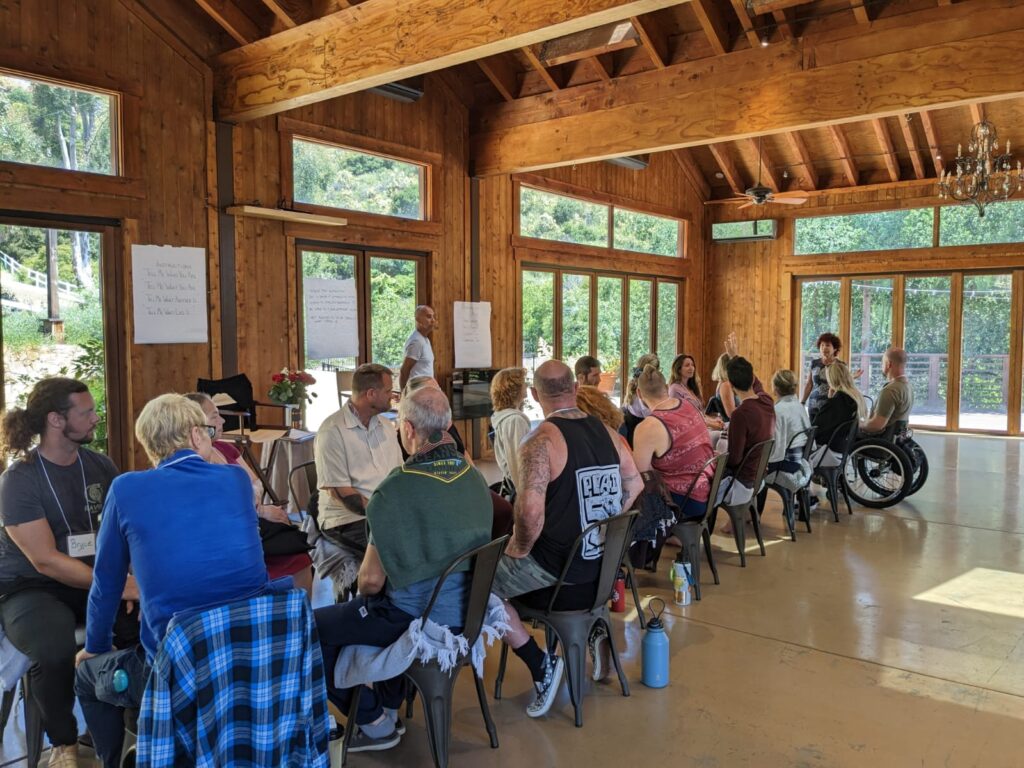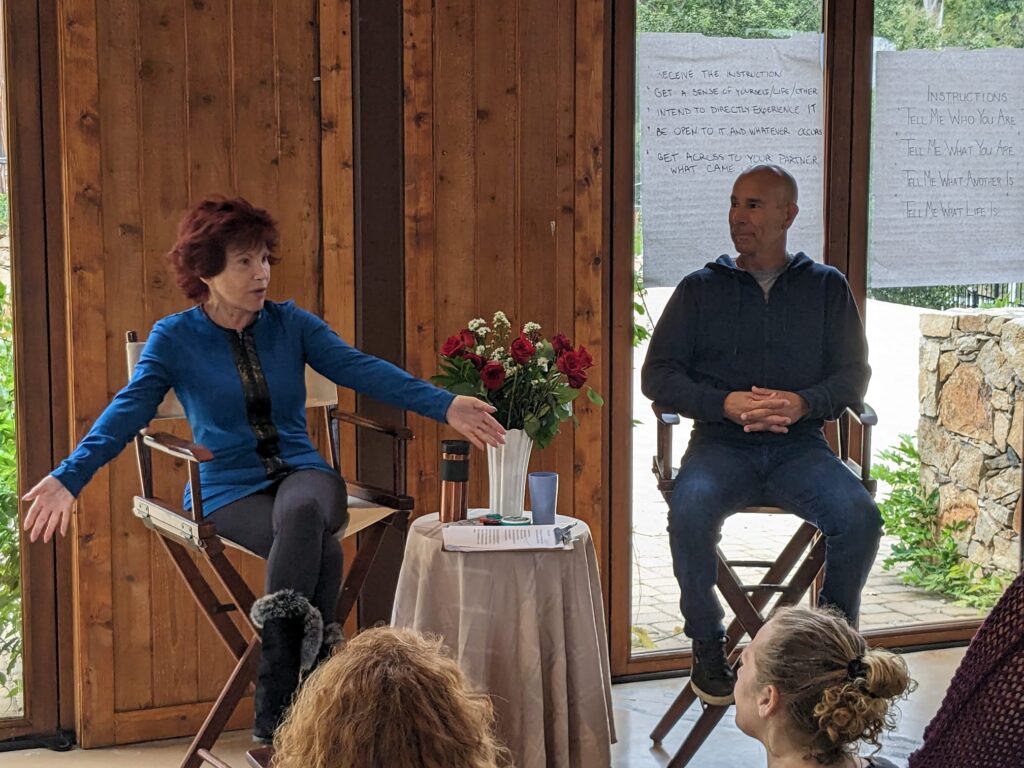The Role of Rest in Success: Why Taking Breaks Can Boost Your Productivity and Well-Being
In today’s fast-paced world, where the hustle is glorified and being perpetually busy is often seen as a badge of honor, it’s easy to fall into the trap of believing that rest is a luxury we can’t afford. Yet, if you look at the most successful individuals, whether in business, the arts, or sports, you’ll find a common thread: they understand the critical role of rest and recovery in sustaining peak performance.
The Science Behind Rest and Productivity
Our brains are not designed for constant output. Cognitive neuroscientists have long understood that mental rest is essential for consolidating memories, learning new skills, and fostering creativity. When we give our minds the space to relax, we allow our subconscious to process information, leading to those “aha” moments that seem to come out of nowhere.
Furthermore, chronic stress and overwork can lead to burnout, a condition recognized by the World Health Organization as a significant occupational hazard. Burnout doesn’t just reduce productivity; it can derail careers and seriously impact mental and physical health. On the other hand, regular breaks can act as a preventive measure, helping to maintain a sustainable pace over the long haul.
Why Rest Is Essential During Stressful Times
It’s ironic, but during the most stressful periods—whether due to tight deadlines, high-stakes projects, or personal challenges—rest becomes even more crucial. Stress triggers the body’s fight-or-flight response, releasing hormones like cortisol and adrenaline. While these chemicals are beneficial in short bursts, chronic exposure can impair cognitive function, weaken the immune system, and increase the risk of conditions such as anxiety and depression.
Taking breaks, even short ones, helps to reset this stress response. It gives your body and mind a chance to return to a baseline state, allowing you to approach your tasks with renewed energy and a clearer perspective. In fact, studies have shown that regular, brief pauses throughout the day can significantly enhance focus and productivity, leading to better outcomes in less time.
The Productivity-Enhancing Power of Breaks
One of the most common misconceptions is that working longer hours equates to getting more done. However, research suggests that productivity tends to decline sharply after about 50 hours of work per week. What’s more, those who take regular breaks often find they can accomplish more in fewer hours than their overworked counterparts.
Breaks not only prevent mental fatigue but also stimulate creativity. The phenomenon known as “incubation” occurs when a break from a challenging task allows the mind to unconsciously work on the problem, often leading to creative solutions that would not have emerged through sheer force of will.
Practical Tips for Integrating Rest into Your Schedule
Given the undeniable benefits of rest, the question becomes: how do you integrate it into an already packed schedule? Here are some practical strategies:
1. Schedule Micro-Breaks: Set a timer to remind yourself to take short, five-minute breaks every hour. Use this time to stretch, take deep breaths, or simply step away from your workspace. These micro-breaks can help maintain your energy levels throughout the day.
2. Practice the Pomodoro Technique: Work for 25 minutes, then take a five-minute break. After four cycles, take a longer break of 15-30 minutes. This method not only keeps you focused but also ensures regular rest intervals.
3. Prioritize Sleep: No amount of short breaks can make up for chronic sleep deprivation. Aim for 7-9 hours of sleep per night, and try to maintain a consistent sleep schedule. Quality sleep is foundational to cognitive function and emotional well-being.
4. Embrace Active Rest: Rest doesn’t have to mean doing nothing. Activities like walking, yoga, or meditation can provide mental relaxation while keeping your body engaged. These activities are particularly effective at reducing stress and enhancing creative thinking.
5. Unplug Completely: Make it a point to disconnect from work, especially during weekends or after work hours. Use this time to engage in activities that rejuvenate you, whether that’s spending time with loved ones, pursuing a hobby, or simply enjoying some quiet time.
Rest as a Success Strategy
The culture of overwork may be pervasive, but it’s not a recipe for long-term success. By integrating rest into your daily routine, you’re not only safeguarding your health but also setting the stage for sustained productivity and creativity. Remember, success isn’t just about how much you do—it’s about how well you do it, and for that, rest is not just helpful; it’s essential.
In a world that often pushes us to our limits, learning to step back and recharge is one of the most powerful strategies we can adopt. So, the next time you feel overwhelmed or stuck, instead of pushing through, consider taking a break. It might just be the most productive thing you do all day.
Ready to Take the Next Step in Your Personal or Professional Journey? Schedule a Free Consultation Today!
Schedule a free discovery call with Greg today to explore how tailored coaching can help you achieve greater success and well-being. Don’t forget to sign up for Greg’s newsletter to receive insightful tips, inspirational content, and updates on upcoming events directly to your inbox. Your path to a more balanced, fulfilling life starts here!
Schedule a Free Consultation Today!








